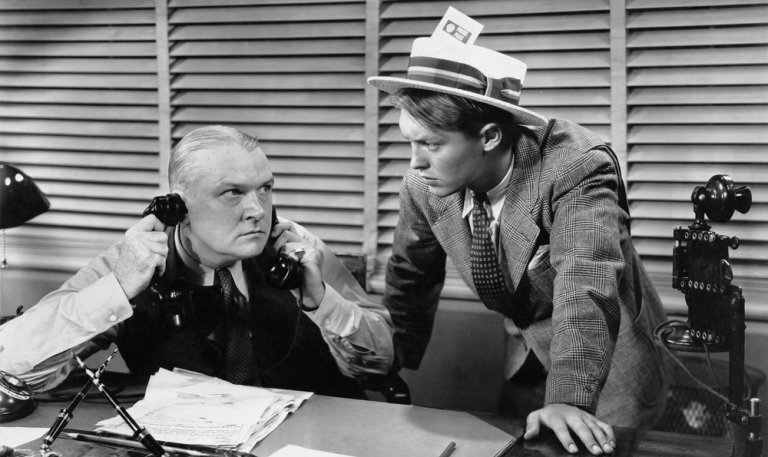 So, what do journalists mean by truth?
So, what do journalists mean by truth?
Among other things, The Professional Journalist tests the accuracy of information, proceeds cautiously, and does not distort…all on deadline.
They collect as much relevant evidence as possible. But “As Possible" is a big qualifier. In other words, do what you can by deadline.
Because Journalism is truth-gathering with a short time limit, journalists and news consumers should always be asking – is there more relevant evidence that can be practically collected?
They should also be asking...
- Is getting the facts right the same as the truth?
- Is being ‘objective’ the same as being truthful?
- How about fairness?
- Can we even agree on a common truth?
In a world where we uncover new information every day and where the changing universe daily reveals itself in new ways, the disciplines of both science and journalism seek functional or pragmatic truth that helps explain the world; information we can act upon every day. And those facts or the statement of "the truth" can be constantly changing. The way that we define scientific truth bores this fact: Scientific truth is a statement of probability proportional to the evidence. It will change over time as the evidence changes.
There is then the idea that the TRUTH IS PROVISIONAL: which means it may change.
Rational beliefs may be logical conclusions from the evidence available, but at least they are justifiable if based on the best available evidence. In other words, the freshest. But, it can and most likely will change as new evidence comes to light.
We can never be completely satisfied with today’s “version of the Truth.”
We must always be on the lookout for better evidence.
.
